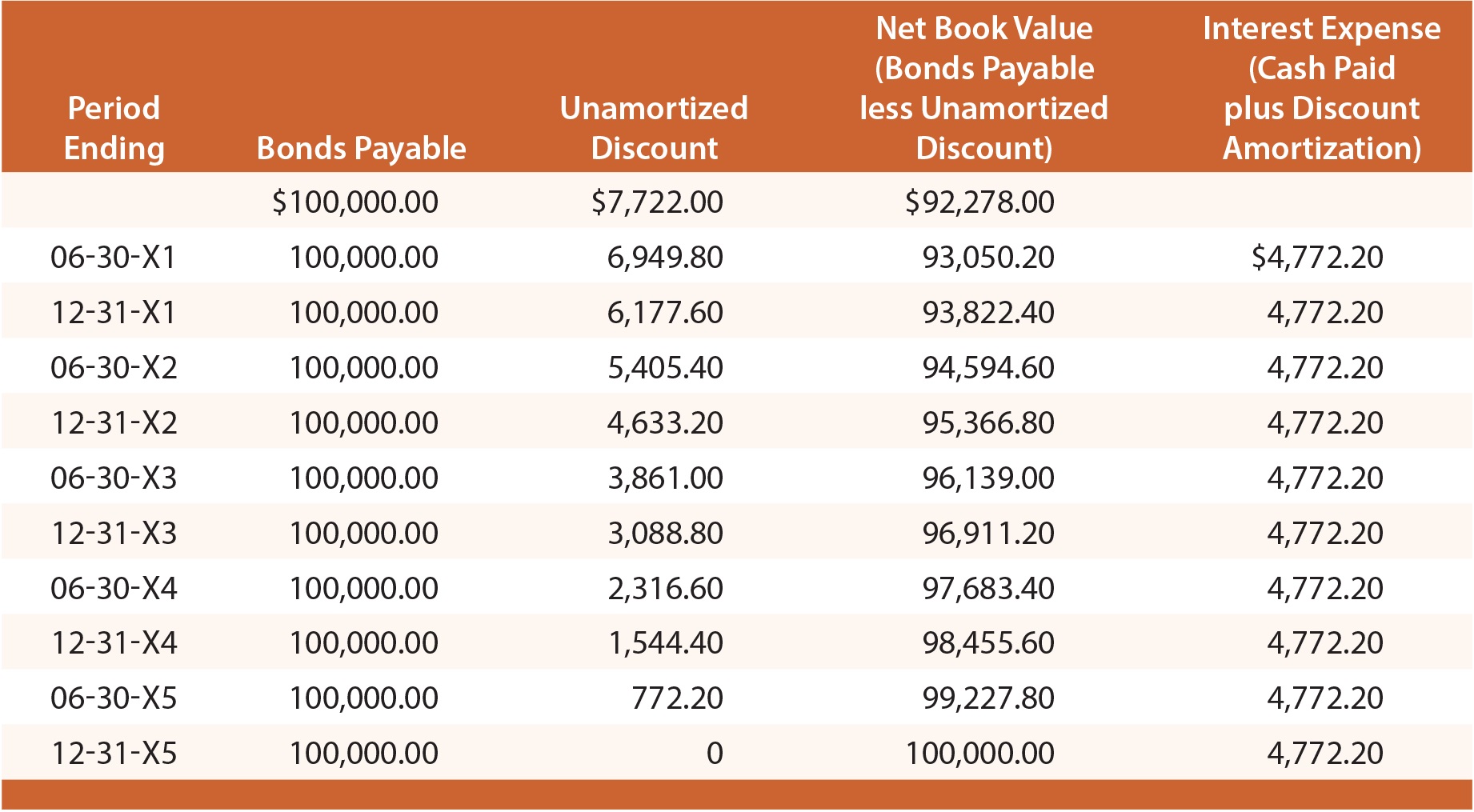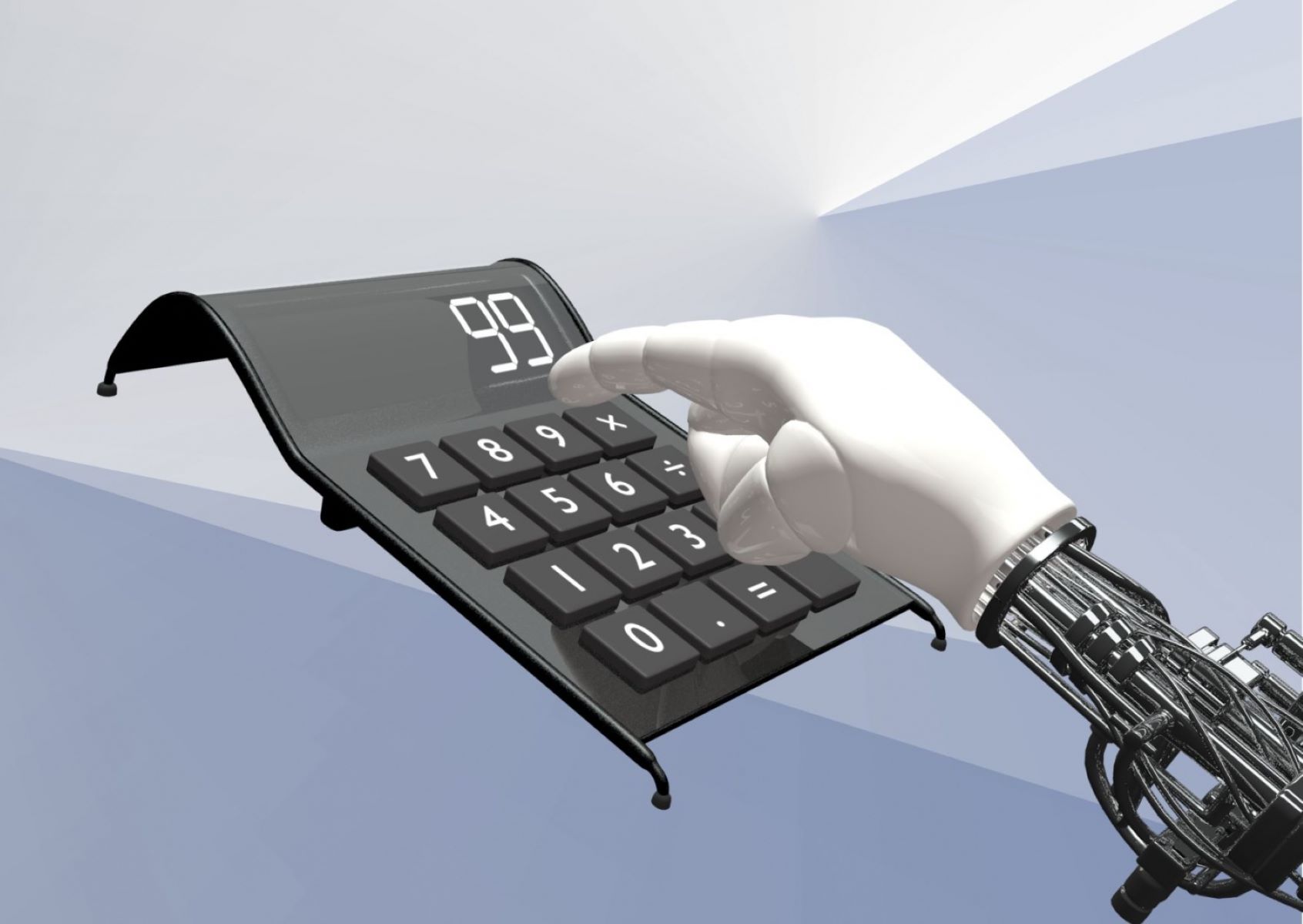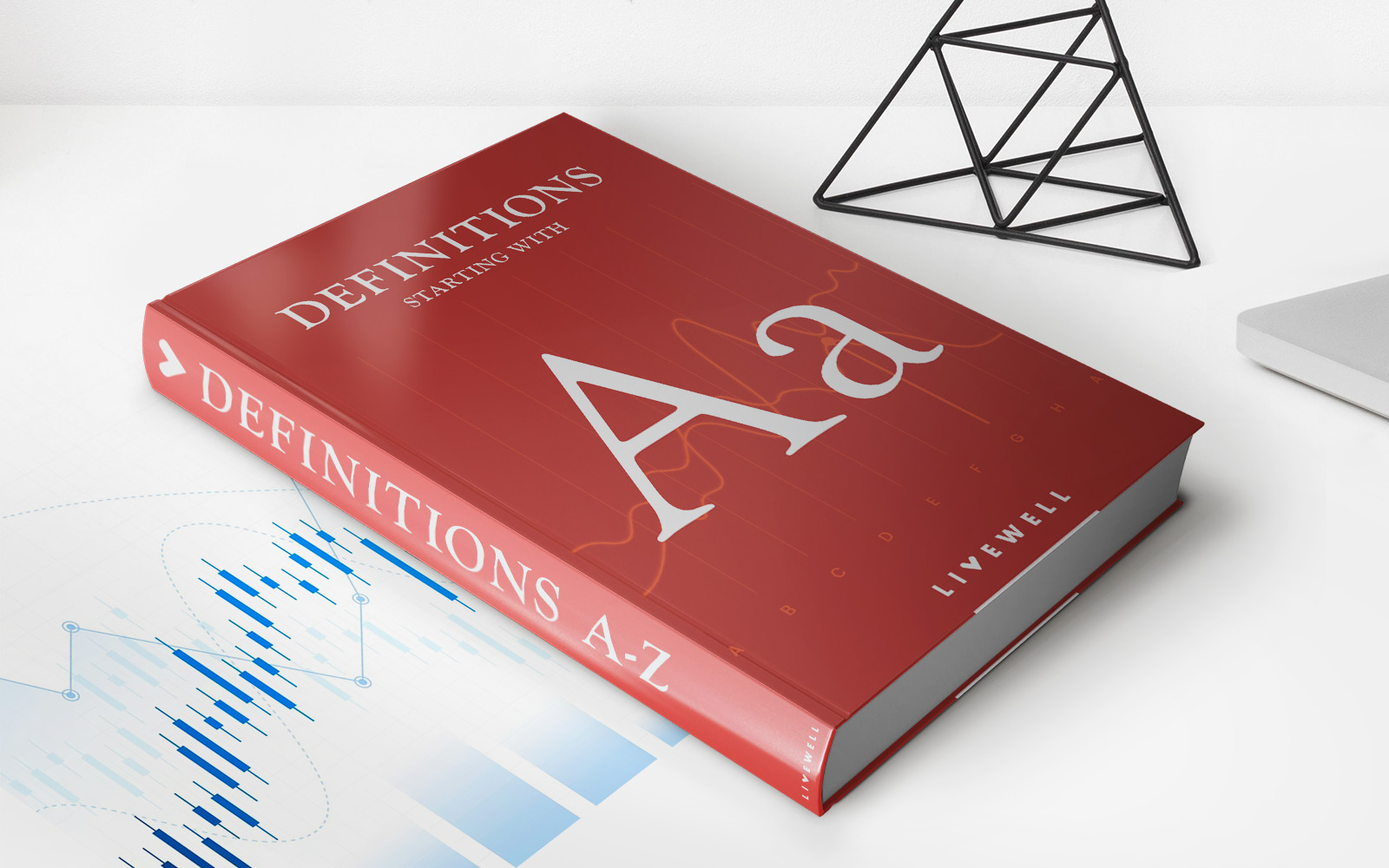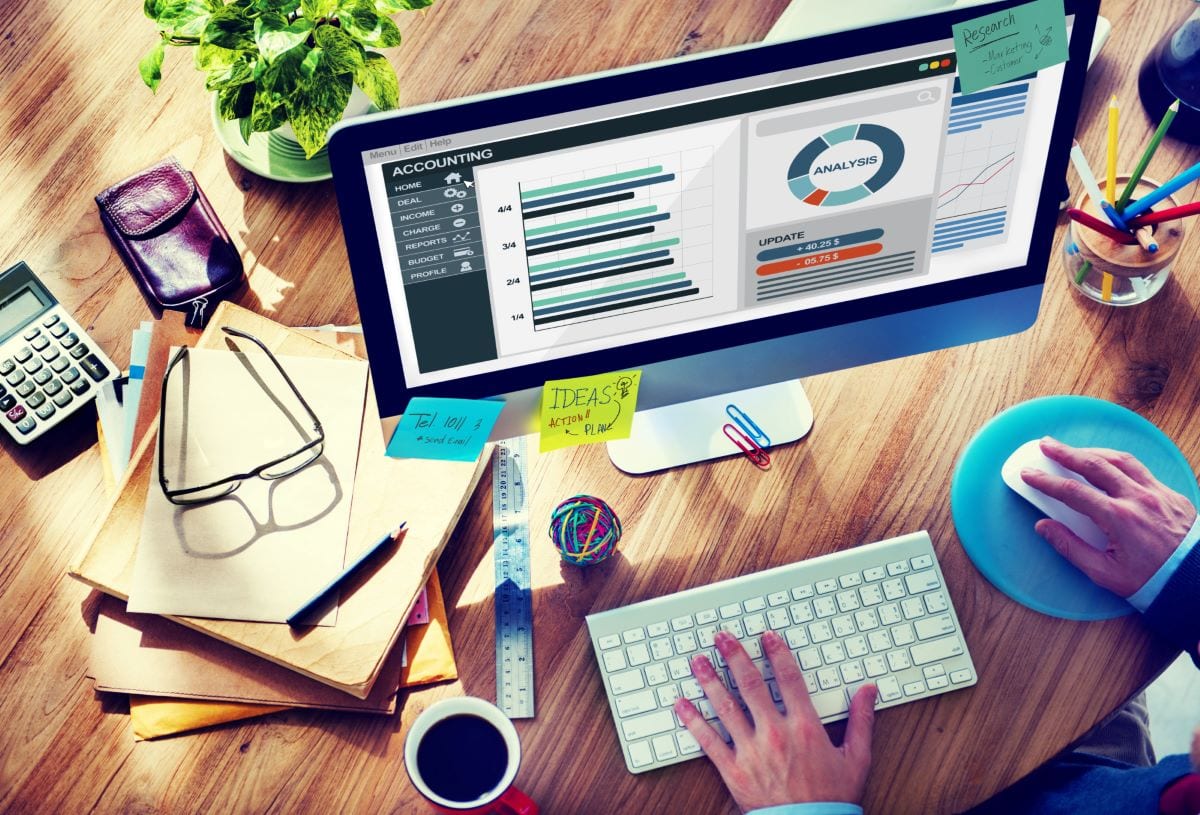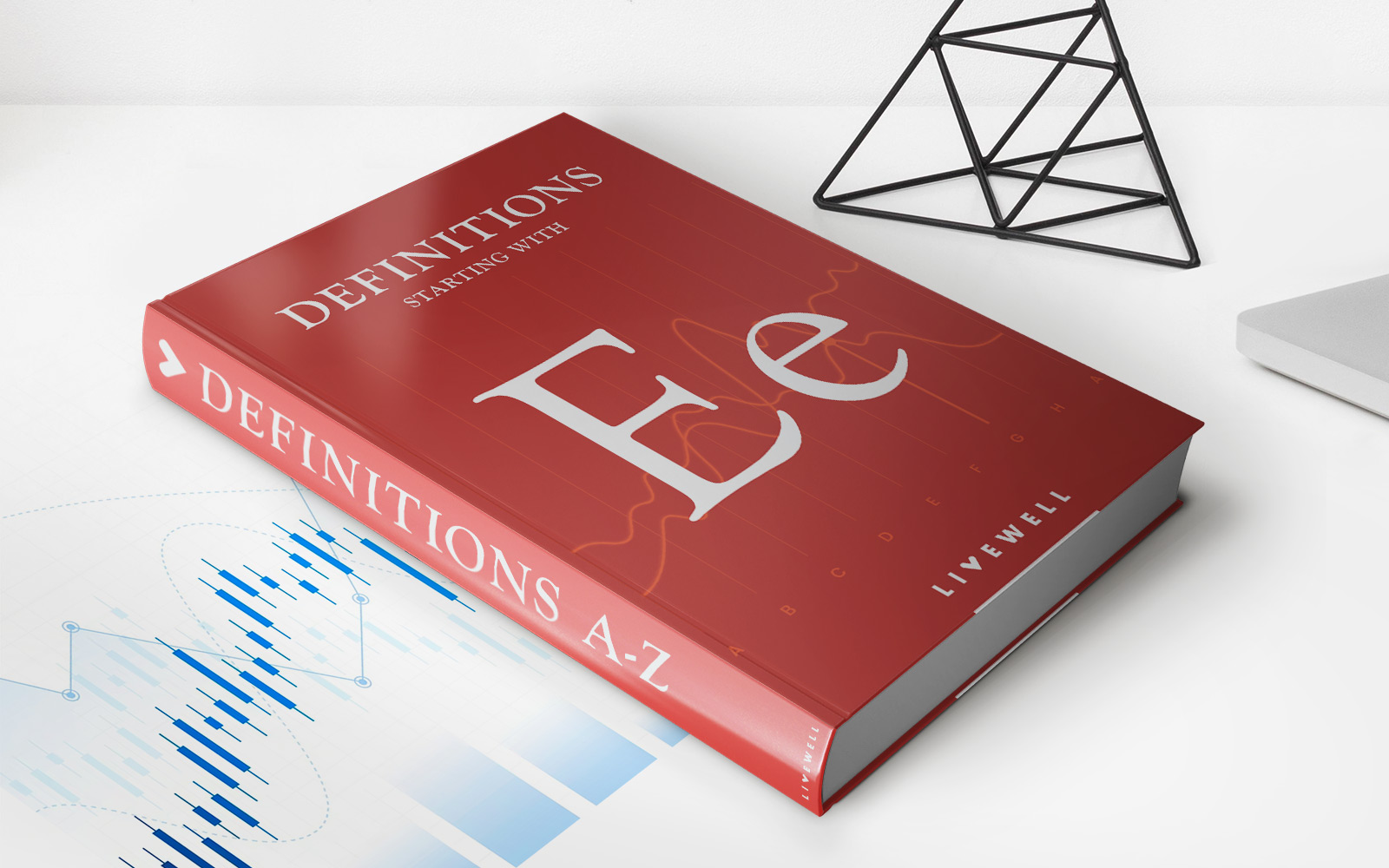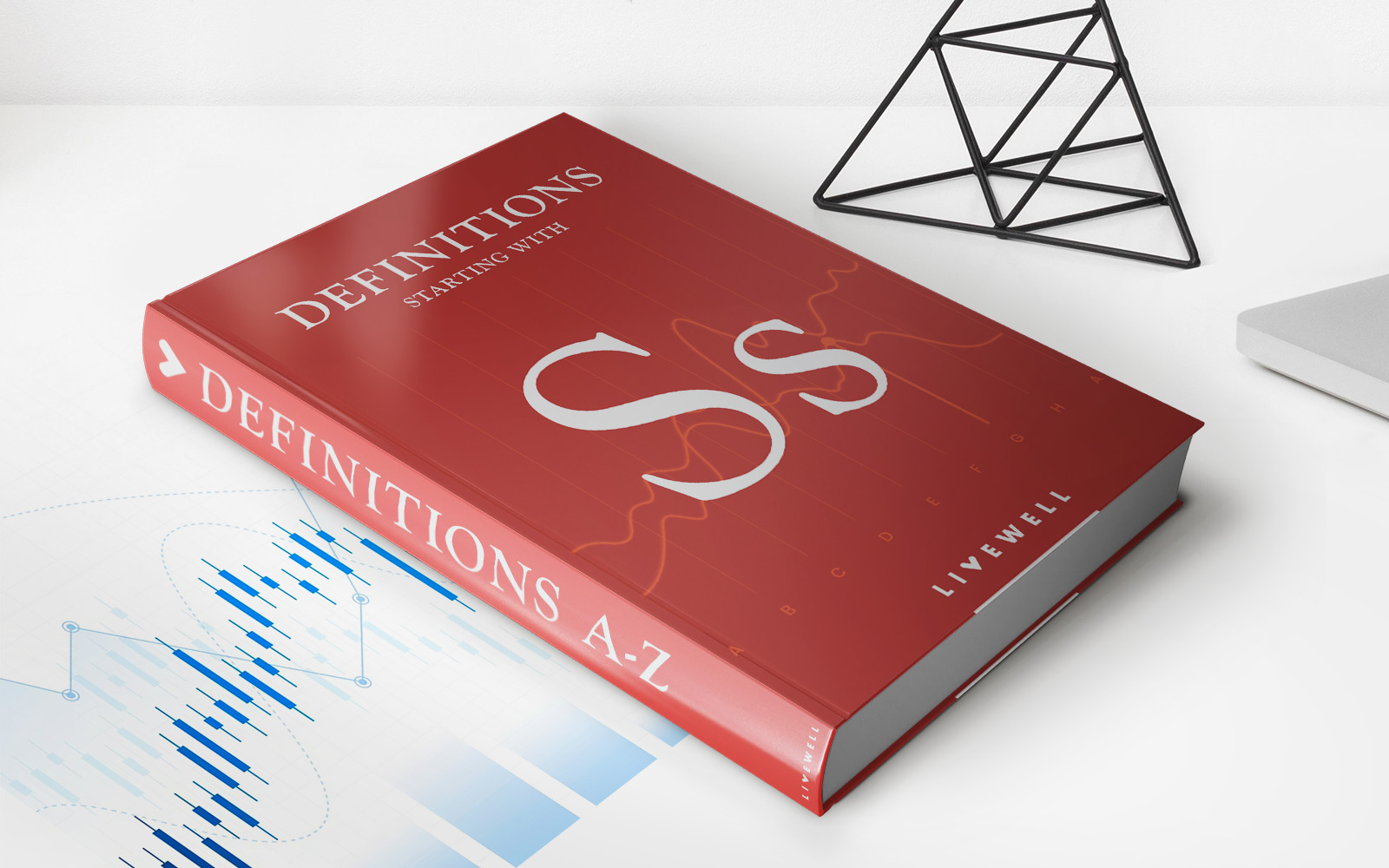

Finance
What Are The Types Of Accounting System
Modified: February 21, 2024
Looking for information on different types of accounting systems in finance? Discover the various accounting system options and their functionalities in this helpful guide.
(Many of the links in this article redirect to a specific reviewed product. Your purchase of these products through affiliate links helps to generate commission for LiveWell, at no extra cost. Learn more)
Table of Contents
Introduction
When it comes to managing finances, having an efficient accounting system is crucial for businesses of all sizes. An accounting system is a set of processes, procedures, and tools used for recording, analyzing, and reporting financial transactions.
In the past, accounting systems were manual, relying on pen and paper or ledgers to record financial data. However, with the advent of technology, computerized accounting systems have become the norm, offering greater accuracy, efficiency, and flexibility.
Understanding the different types of accounting systems is essential for businesses to make informed decisions about which system best suits their needs. In this article, we will explore the various types of accounting systems, including manual, computerized, spreadsheet-based, cloud-based, and hybrid systems.
Whether you’re a small business owner, a finance professional, or simply curious about accounting systems, this article will provide valuable insights into the different options available.
Now, let’s dive into the details of each accounting system type, beginning with manual accounting systems.
Manual Accounting Systems
Manual accounting systems are the traditional method of recording financial transactions by hand, without the use of computer software programs. These systems involve using physical ledgers, journals, and worksheets to track income, expenses, and other financial information.
In a manual accounting system, each transaction is recorded manually in the appropriate ledger or journal. This can be a time-consuming process and leaves room for human error, as calculations must be done manually. However, some businesses still prefer manual systems for their simplicity and cost-effectiveness.
Manual accounting systems offer several advantages. They require minimal technology infrastructure, making them accessible to small businesses with limited resources. Additionally, manual systems provide a tangible record of financial transactions, which can be useful for businesses that prefer physical documentation.
Despite these advantages, manual accounting systems have some limitations. They can be prone to errors, as calculations and data entry rely on human intervention. This can lead to discrepancies and inaccuracies in financial records. Manual systems also lack the scalability and efficiency of computerized systems, as retrieving and analyzing data can be time-consuming.
Nevertheless, manual accounting systems can be a viable option for small businesses with simple accounting needs, or for those with a preference for physical record-keeping. They provide a hands-on approach that allows business owners to have complete control over their financial data.
Now that we have explored manual accounting systems, let’s move on to computerized accounting systems, which have become increasingly popular in recent years.
Computerized Accounting Systems
Computerized accounting systems revolutionized the way businesses manage their finances. These systems use specialized accounting software to automate many accounting processes, making them more accurate, efficient, and reliable compared to manual systems.
In a computerized accounting system, financial transactions are entered directly into the software, which then updates the appropriate accounts and generates financial statements. This eliminates the need for manual calculations and reduces the risk of errors. The software also provides features such as invoicing, payroll management, and inventory tracking, simplifying day-to-day accounting tasks.
Computerized accounting systems offer several benefits. Firstly, they streamline the accounting process, saving time and effort. With real-time data entry and automatic calculations, businesses can generate financial reports quickly and make informed decisions based on up-to-date information.
Secondly, computerized systems improve accuracy by minimizing human errors. The software performs calculations automatically and ensures that all transactions are accounted for, reducing the risk of discrepancies. This accuracy contributes to reliable financial statements and helps businesses comply with legal and regulatory requirements.
Additionally, computerized accounting systems enhance data security and organization. Financial data is stored electronically, reducing the risk of physical loss or damage. Software features such as data backups, access controls, and encryption further strengthen data protection. These systems also allow businesses to easily search and retrieve specific financial information when needed.
While computerized accounting systems offer numerous advantages, they also have some drawbacks. Implementing these systems requires initial investment in software licenses, hardware, and employee training. Small businesses may find the upfront costs prohibitive. Furthermore, businesses must ensure that their systems are regularly updated and backed up to prevent any disruptions or data loss.
Overall, computerized accounting systems have become the standard for modern businesses due to their efficiency, accuracy, and advanced features. They provide a comprehensive solution for financial management and facilitate better decision-making.
Next, let’s explore another type of accounting system: spreadsheet-based accounting systems.
Spreadsheet-based Accounting Systems
Spreadsheet-based accounting systems utilize spreadsheet software, such as Microsoft Excel or Google Sheets, as a tool for managing financial data and performing accounting functions. These systems are popular among small businesses, freelancers, and individuals who prefer a familiar and user-friendly interface.
In a spreadsheet-based accounting system, financial transactions are recorded and organized into rows and columns, creating a structured format. Each transaction is entered manually and formulas can be applied to automatically calculate totals, balances, and other financial metrics.
One of the main advantages of spreadsheet-based accounting systems is their flexibility and customization options. Users can design their own templates or adapt existing ones to suit their specific needs and preferences. This level of customization allows businesses to create reports and analysis tailored to their requirements, making it easier to track and understand their financial performance.
Spreadsheet-based accounting systems also offer ease of use and affordability. Most people have basic familiarity with spreadsheet software, and learning to navigate and utilize the functions specific to accounting purposes is relatively straightforward. Additionally, spreadsheet software is widely available and often included with office suites, making it a cost-effective option for small businesses with limited budgets.
However, there are some limitations to consider when using spreadsheet-based accounting systems. Firstly, these systems are more prone to errors, as data entry and formula calculations are manual processes. Mistakes in one cell or formula can affect the accuracy of the entire spreadsheet. Therefore, it is crucial to exercise caution and conduct regular checks to ensure data integrity.
Secondly, managing large volumes of data in spreadsheets can become cumbersome over time. As the number of transactions and complexity of financial operations increase, spreadsheet-based systems may struggle to handle the workload efficiently. This can result in slower processing times and delays in generating reports.
Despite these limitations, spreadsheet-based accounting systems can be a suitable option for small businesses and individuals who have basic accounting needs and value customization. They provide a cost-effective solution for financial management and analysis, allowing users to maintain control over their financial data.
Next, let’s delve into cloud-based accounting systems, which have gained popularity in recent years.
Cloud-based Accounting Systems
Cloud-based accounting systems have transformed the way businesses manage their finances by providing accessibility, scalability, and collaboration. These systems utilize cloud technology to store and process financial data, eliminating the need for on-premises servers and expensive infrastructure.
In a cloud-based accounting system, financial transactions are entered and stored securely in the cloud. Users can access the system from any device with an internet connection, allowing for real-time collaboration and remote access. This is particularly beneficial for businesses with multiple locations or for individuals who work remotely.
One of the key advantages of cloud-based accounting systems is their scalability. Businesses can easily scale up or down based on their needs without the need for additional hardware or costly software upgrades. Cloud-based systems also provide automatic data backups and regular software updates, ensuring data security and system reliability.
Cloud-based accounting systems also offer enhanced collaboration and integration capabilities. Multiple users can work on the same system simultaneously, making it easier to delegate accounting tasks and streamline workflows. Integration with other cloud-based business applications, such as customer relationship management (CRM) software or project management tools, allows for seamless data flow and eliminates the need for manual data transfer.
Data security is a top concern for businesses when it comes to cloud-based systems. However, cloud-based accounting systems often employ advanced security measures such as data encryption, secure user authentication, and regular system audits. These measures help protect sensitive financial information from unauthorized access and ensure compliance with applicable data protection regulations.
While cloud-based accounting systems offer numerous benefits, there are a few considerations to keep in mind. Dependence on internet connectivity is a potential limitation; if the internet goes down or experiences disruptions, access to the accounting system may be temporarily unavailable. Additionally, businesses must carefully select a reputable and reliable cloud service provider to ensure data privacy and system performance.
Overall, cloud-based accounting systems provide businesses with flexibility, accessibility, and collaboration features that traditional systems may lack. They offer a cost-effective and efficient solution for businesses of all sizes, enabling them to stay agile and adapt to changing accounting requirements.
Finally, let’s explore the concept of hybrid accounting systems, which combine the features of multiple accounting system types.
Hybrid Accounting Systems
Hybrid accounting systems combine the features and capabilities of different types of accounting systems to create a customized solution that meets the specific needs of a business. These systems leverage the strengths of various accounting methods to optimize efficiency and flexibility.
In a hybrid accounting system, businesses may use a combination of manual, computerized, spreadsheet-based, or cloud-based systems, depending on their requirements. For example, they may use manual processes for certain financial transactions or record-keeping while using computerized or cloud-based systems for more complex tasks or real-time reporting.
The main advantage of hybrid accounting systems is the ability to leverage the strengths of different systems while minimizing their weaknesses. For example, businesses can enjoy the accuracy and automation of computerized systems for routine tasks, while relying on manual processes for specific transactions that require a higher level of scrutiny or control.
Another benefit of hybrid accounting systems is the flexibility they offer. Businesses can adapt their accounting processes to suit their changing needs and preferences. They can invest in software and hardware when required, but still maintain the option to use manual methods as a backup or for specific tasks.
However, implementing a hybrid accounting system requires careful planning and management. Businesses must ensure that the different systems can integrate and share data seamlessly to avoid duplication or discrepancies. Also, employees may need training on multiple systems, which can increase the learning curve and potentially impact productivity during the transitional period.
Despite these considerations, hybrid accounting systems can provide businesses with a comprehensive and tailored approach to financial management. They allow businesses to capitalize on the advantages of different systems while mitigating potential drawbacks.
Now that we have explored the various types of accounting systems, let’s summarize the key points.
Conclusion
Choosing the right accounting system is crucial for businesses to effectively manage their finances and make informed decisions. The different types of accounting systems – manual, computerized, spreadsheet-based, cloud-based, and hybrid – offer various features and benefits to accommodate the diverse needs of businesses.
Manual accounting systems provide a simple and cost-effective solution, particularly for small businesses or those who prefer physical record-keeping. However, they can be time-consuming and prone to errors.
Computerized accounting systems offer automation, accuracy, and efficiency, making them the preferred choice for many businesses. They streamline processes, provide real-time data, and offer advanced features, but require initial investment and regular updates.
Spreadsheet-based accounting systems provide flexibility and customization options, making them suitable for small businesses or individuals with basic accounting needs. However, they can be prone to errors and may struggle to handle large volumes of data.
Cloud-based accounting systems provide accessibility, scalability, and collaboration features. They offer real-time access, data security, and integration capabilities, but rely on internet connectivity and require careful selection of a trustworthy service provider.
Hybrid accounting systems combine different accounting system types to create a tailored approach that maximizes efficiency and flexibility. They utilize the strengths of various systems while mitigating the weaknesses.
Ultimately, the choice of accounting system depends on the specific needs, size, and preferences of the business. It is important to consider factors such as accuracy, efficiency, scalability, data security, and budget when evaluating accounting systems.
In conclusion, understanding the different types of accounting systems empowers businesses to choose the system that best aligns with their requirements and helps them effectively manage their finances. Whether it’s a manual system for simplicity or a cloud-based system for accessibility, a well-designed accounting system can streamline financial processes and contribute to the success of a business.
